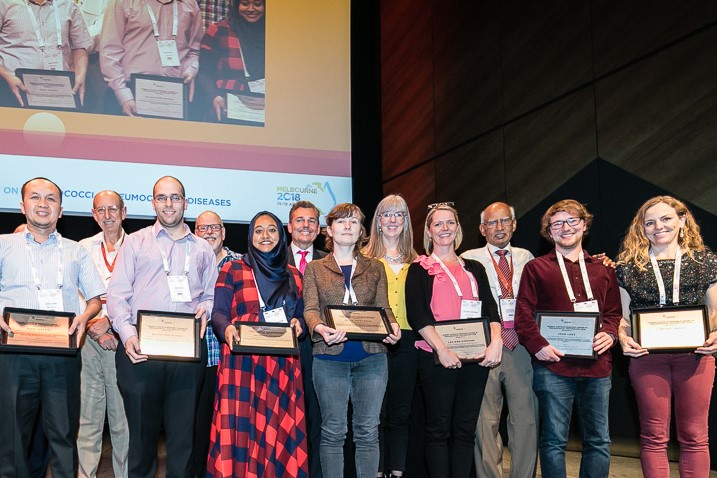Search
Venue Information Accommodation Options Contact us THE UNIVERSITY CLUB OF WESTERN AUSTRALIA Hackett Entrance #1, Hackett Drive, Crawley, Western
Contact us If you'd like to get in touch, please contact us by phone or email. Phone: 0400 450 240 Email: vtg@thekids.org.au The PRIME Study The

News & Events
Congratulations Dr Lea-Ann Kirkham - Robert Austrian Award WinnerCongratulations to Dr Lea-Ann Kirkham - one of just 10 recipients from around the world to receive a prestigious Robert Austrian Award at the International Symposium on Pneumococci and Pneumococcal Diseases.
How protective is the whooping cough vaccine? Vaccination and allergy Even though Australia has high vaccination rates against whooping cough, we
Research
The contribution of viruses and bacteria to community-acquired pneumonia in vaccinated children: A case - Control studyRespiratory viruses, particularly respiratory syncytial virus and human metapneumovirus, are major contributors to pneumonia in Australian children



News & Events
Safe use of mobile phones with T1DThe advancement of technology to assist the daily routine of diabetes is extremely helpful. However, it is important to create clear boundaries in the use of technology. Our social work team have some great tips to set up healthy routines.

News & Events
Launching TRACE T1DWe are excited to launch this first-of-its-kind Australian study, monitoring glucose levels in Australian children and adolescents who have tested positive to having one or more type 1 diabetes related antibodies but do not yet need treatment with insulin.

News & Events
National Carers WeekWe recently celebrated National Carers Week! A time to recognise and raise awareness for the more than 3 million Australians who provide care to a family member or a friend.
